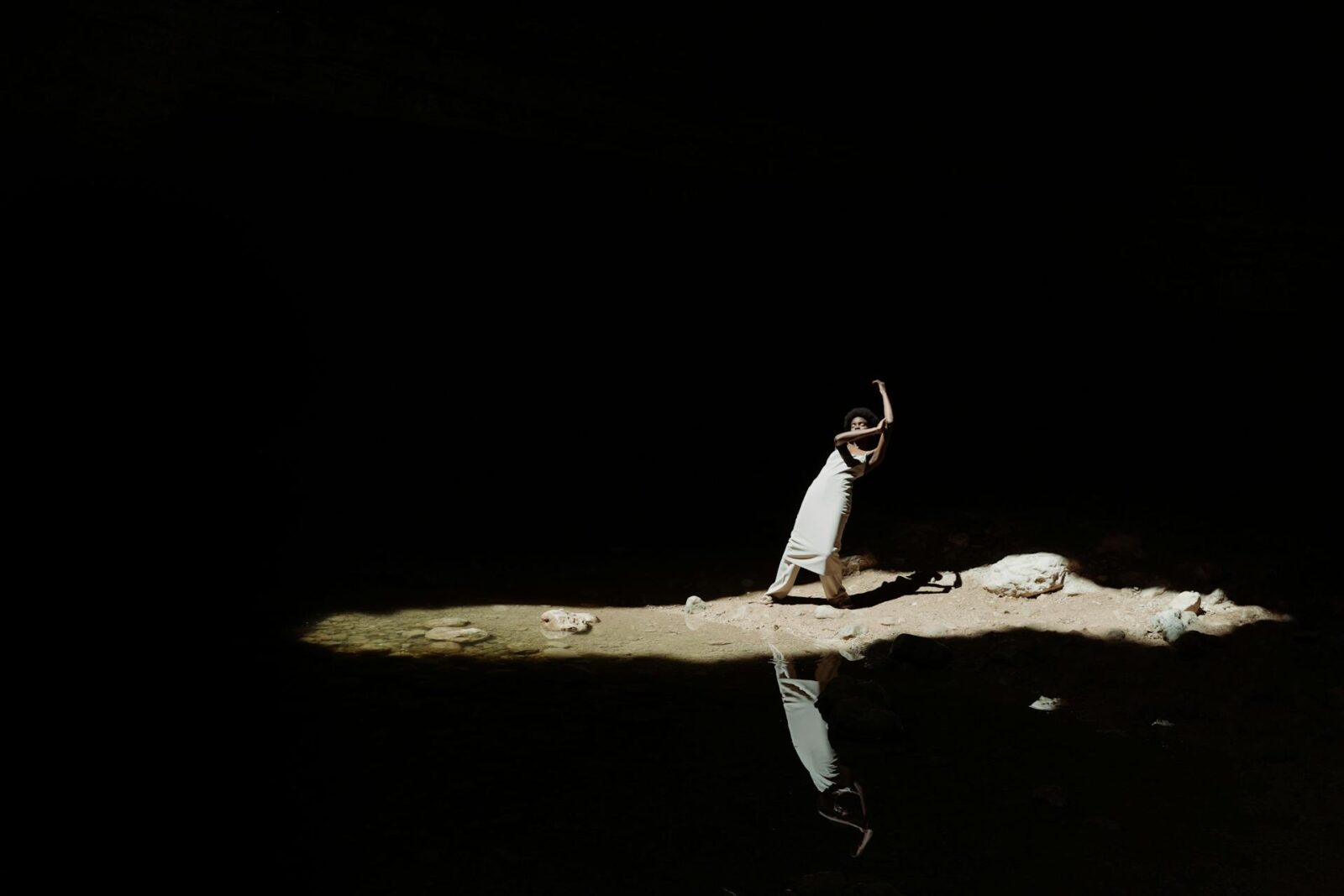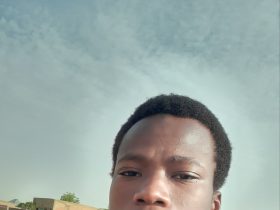Of Grief, Beauty, and Futility
by
Kọ́lá Túbọ̀sún
(January 2019)
The terrain is grim, and it’s all ours. From Gwoza to Kaduna, Damascus to Tripoli, and all other troubled tributaries, screams of pain have found their ways into the stream that feeds our souls. How do we, today, go through the day without contact with some news item that breaks the spirit?
And if it is hard enough for the citizen, how much more the writer?
The poems that make up this chapbook are one writer’s lovelorn response to a broken world. The pain is there, from the first line of the title poem
Say it is the darkness that chokes the life
Of a woman who still longs for the arrival
of her dead child.
And in the many other poems that capture pain through the eyes of different personas living in an undefined place that looks much like Nigeria.
Paris is dead. Nigeria inhales the smoke
That rises from the bodies of her citizens
Yet the dejection is universal, with name-drops like Missouri, Baltimore, Hiroshima, Pakistan, Gaza, Burma, Paris, Syria, Rafah, Jabalia, Khan Younis, Maghazi, and Maiduguri running through the work. We know that what ails us also ails others in different places. What motivates the writer appears to be more than just a desire for a political voice, but an involuntary response to the shared terror of our global predicament.
It is in the deft synergy between the personal and the political that the work finds its feet, successfully ferrying the reader through an intense journey of love and loss with such intimate portrayal. The personal is also religious, though not dogmatic. I’m not surprised that the tradition that sustained the early clerics and prophets, that inspired deep and enduring poetry in religious publications and helped many generations of readers have remained visible within this work.
But I have been asked to write a foreword and not a review. I live in Nigeria, too, where the issues raised here pop through our computer screens and Twitter streams throughout the day; where the security situation of the land leaves so much to desire — my mother was robbed at her home just yesterday, with all the valuables in the house carted away. The fissures in the bond that holds us together — not just as a nation of people, but also as humans in general — seems to wear thin every day, leaving less and less for us to hold onto. So, what do we do? We read, and hope that the momentary elevation of poetry and literature takes us to a better place, even for that little moment. And when we’re done, and we put down the paper, we are back to where we once were, just slightly more ennobled — hopefully — by empathy so deftly conveyed.
So, all I can do is to welcome you to share, in this work, the same beauty and contemplation through which the writer has let his burdens down and spread them into our own hearts — hopefully for more fermentation and regeneration.
Kọla Túbọsún is a Nigerian linguist, editor, travel writer, and scholar. His works have been published in African Writer, Aké Review, Brittle Paper, International Literary Quarterly, Jalada, Popula, Saraba Magazine, etc. In 2016, he became the first African to be given the Premio Ostana, a prize given for work in indigenous language advocacy.











Leave a Reply